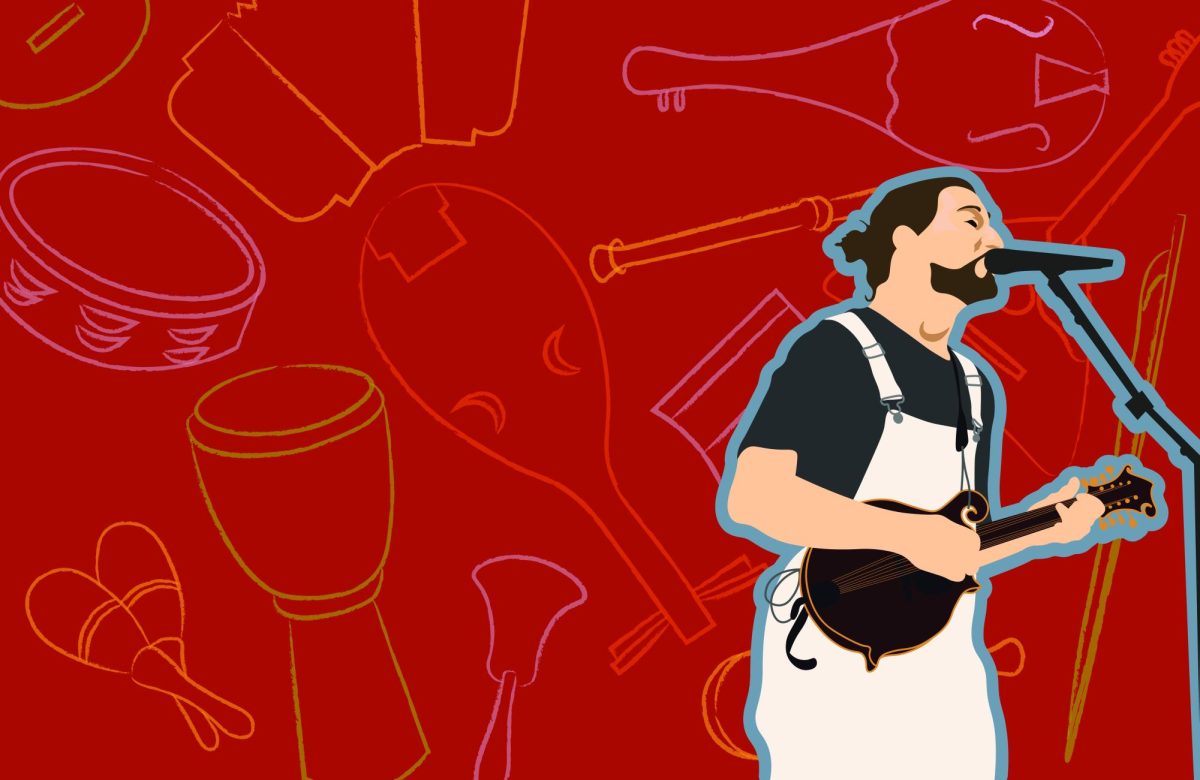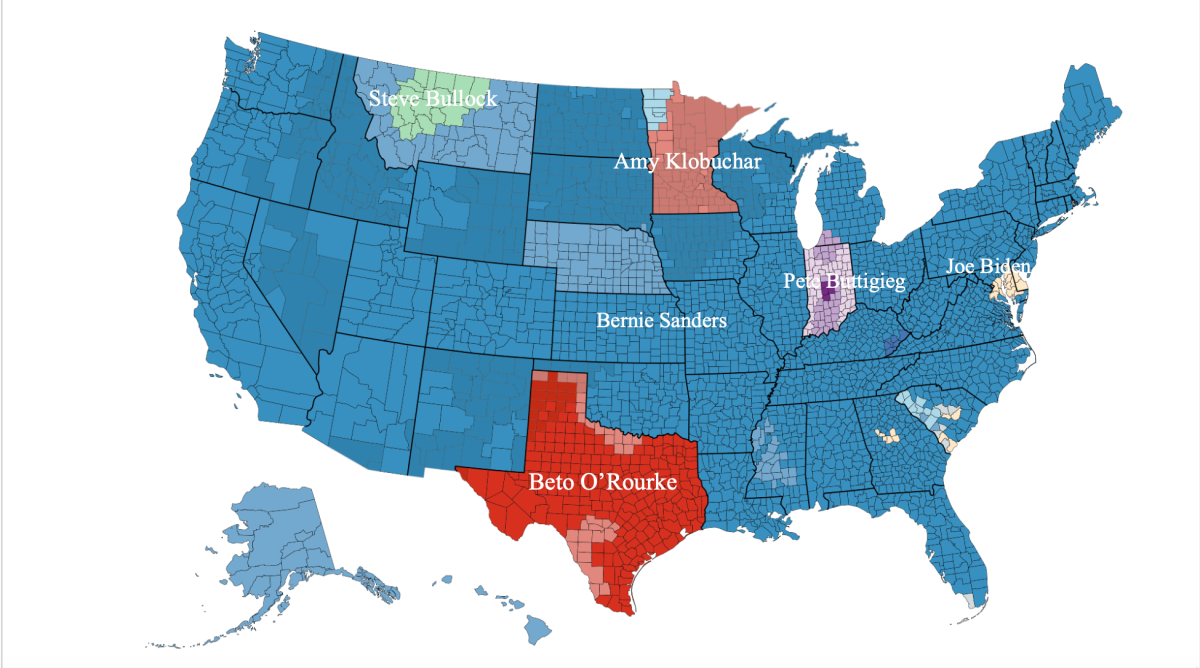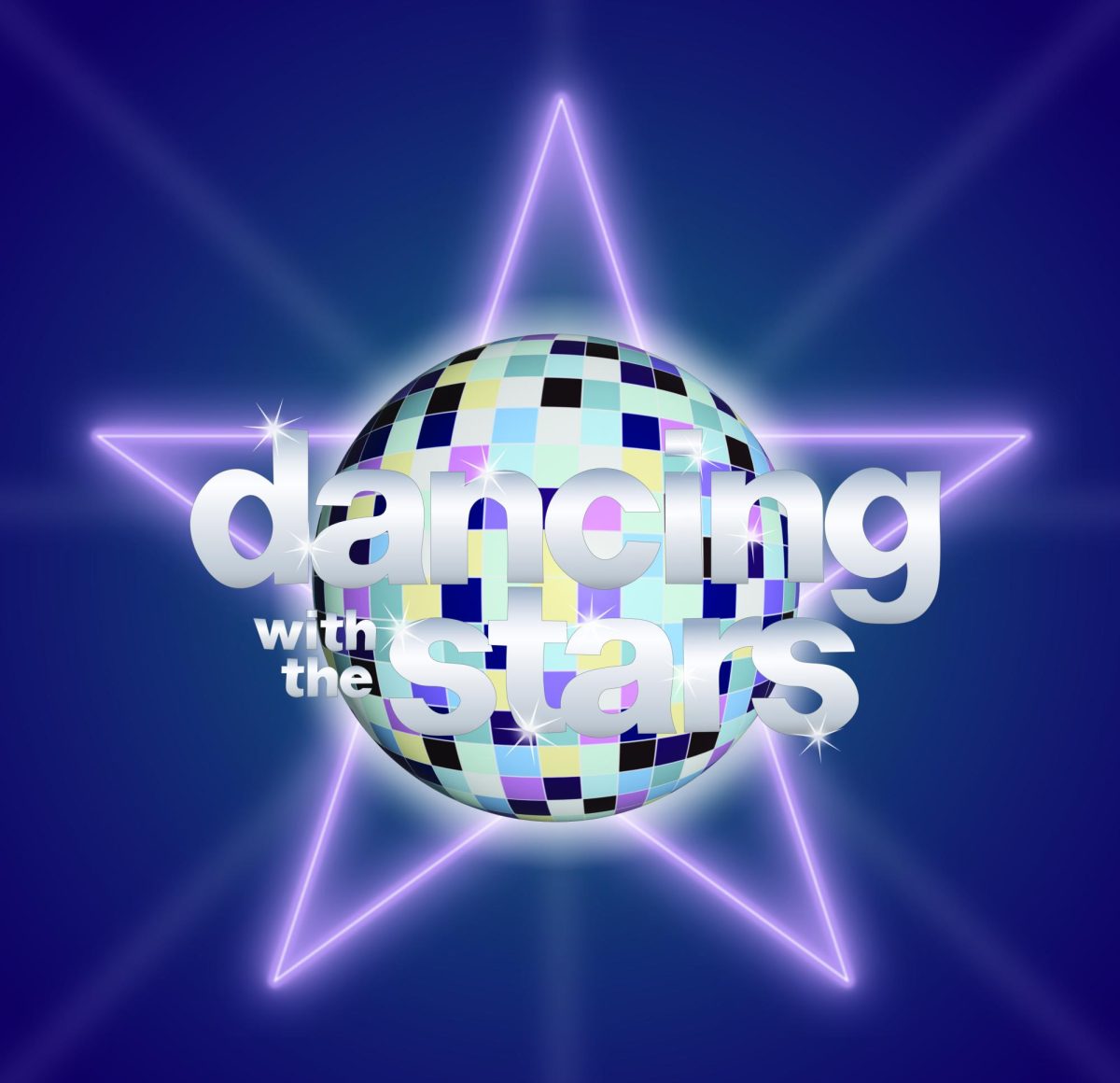Two summers ago, I was introduced to Noah Kahan via his 2022 studio album, “Stick Season.” With its raw and emotional lyrics, the album quickly captivated a diverse audience, spanning elements of pop, country and folk.
As Kahan gained popularity on TikTok in 2023, it became clear he was no ordinary artist — he was a sensation. However, as he grew, I found myself grappling with an essential question: Does Kahan’s sound truly represent folk music, or is it merely just repackaged for a modern-day audience?
Folk music, by nature, is rooted in history and cultural significance. Originating from the storytelling traditions of rural communities, folk has long served as a carrier for social commentary and shared human experiences. In contrast, Kahan’s music feels like a sterile version of folk’s roots, crafted for the masses rather than genuine representation.
Listening to Kahan, I found myself questioning his classification as a folk artist. Though catchy, and his lyrics are poignant, they lack the gritty realism that defines true folk music. Kahan’s style shares more in common with the polished productions of contemporary pop than with the raw sounds of traditional folk.
While he may evoke the emotion typically associated with folk, it often feels as though the idea of him as a “folk” artist is just a facade.
Folk has struggled to find its place in an increasingly commercialized music landscape.
The genre’s power lies in its authenticity and connection to real-life experiences. Kahan, with his bearded look and acoustic guitar, fits the modern archetype of a folk artist, but he doesn’t quite capture the essence of what folk music represents. His sound feels like a calculated blend of pop, folk and country influences, designed to resonate with listeners seeking emotional depths without the historical weight.
In a world where genres are increasingly blurred, the term “folk” has become a catch-all label that risks losing its significance, and Noah Kahan isn’t the only one. Other popular singer-songwriters, such as Hozier, have also been coined as “folk,” but unfortunately, in my opinion, fail to fall into the category.
It can be said Noah Kahan represents a new aesthetic of folk music, one that prioritizes emotional resonance and commercial viability over authenticity and historical context. While there’s no denying his ability to evoke tears and touch hearts, maybe listeners should be more cautious about how we define music today.
Ultimately, Noah Kahan’s music serves as a reflection of the times — a popified version of folk that appeals to modern sensibilities but strays from the genre’s original sound and meaning.
Dylan Walker is a columnist. Contact him at [email protected].










